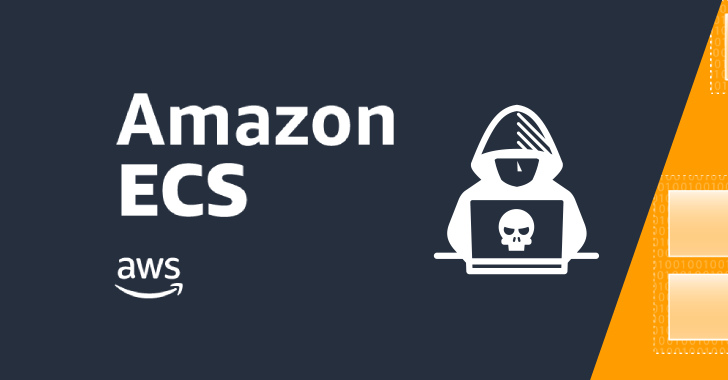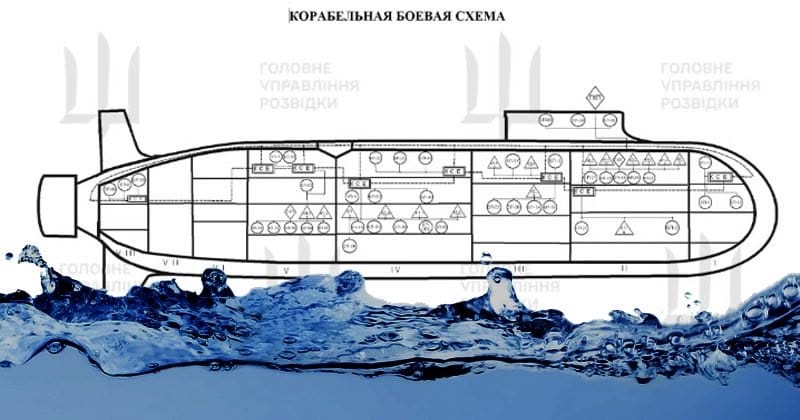
Frequently Asked Questions About CMMC Compliance
With the growing emphasis on cybersecurity and the protection of sensitive data, organizations working with the Department of Defense (DoD) are being held to higher standards. One initiative spearheading this effort is the Cybersecurity Maturity Model Certification (CMMC). While CMMC is designed to enhance the cybersecurity posture of the Defense Industrial Base (DIB), it can be complex and daunting for companies to navigate. This article addresses the most frequently asked questions about CMMC compliance to help organizations understand its significance and requirements.
- What is CMMC?
CMMC stands for Cybersecurity Maturity Model Certification. It’s a framework that measures the cybersecurity capabilities and maturity of defense contractors. It’s designed to protect controlled unclassified information (CUI) from potential threats.
- Why was CMMC introduced?
The DoD introduced CMMC to strengthen the cybersecurity infrastructure within its supply chain. Given the rise in cyber threats targeting sensitive defense-related data, it became crucial to ensure that contractors could protect information at a level commensurate with the risk, reducing opportunities for adversaries.
- Who needs to be CMMC compliant?
All companies doing business with the DoD, including subcontractors, must be CMMC certified. Even if your company only provides ancillary services and doesn’t handle CUI, a basic level of certification is still required.
- How many levels of CMMC are there?
There are five maturity levels in CMMC:
Level 1: Basic Cyber Hygiene
Level 2: Intermediate Cyber Hygiene
Level 3: Good Cyber Hygiene (includes protection of CUI)
Level 4: Proactive
Level 5: Advanced/Progressive
Each level has a set of practices and processes, with requirements growing in complexity and rigor as you ascend.
- How is CMMC different from NIST SP 800-171?
While both focus on cybersecurity, NIST SP 800-171 is a standard that provides guidelines on protecting CUI. On the other hand, CMMC encompasses those requirements and adds a verification component
with the certification process. It’s a way to ensure that organizations not only implement the guidelines but also maintain them consistently.
- How do companies get certified?
Companies must undergo an assessment conducted by a Certified 3rd Party Assessment Organization (C3PAO). These organizations have been trained and accredited to perform CMMC evaluations. Once a company has successfully demonstrated compliance at a particular level, it will be awarded the corresponding certification.
- How long is the certification valid?
Once obtained, CMMC certification is valid for three years.
- What happens if a company is not compliant?
Non-compliance can lead to the inability to bid on or win DoD contracts. This serves as a significant incentive for contractors to prioritize cybersecurity and attain the necessary certification level.
- How much does it cost to become CMMC compliant?
Costs can vary widely based on the current state of your organization’s cybersecurity and which CMMC level you’re aiming for. Companies starting with a basic cybersecurity framework might find compliance at lower levels to be relatively affordable. However, reaching higher maturity levels may require substantial investments in technology, training, and processes.
- Are there any exemptions to CMMC?
CMMC applies to all DoD contractors and subcontractors. However, it does not currently apply to organizations supplying commercial-off-the-shelf products (COTS) that don’t process or store CUI.
- How can companies prepare for a CMMC assessment?
Begin by understanding where your company stands in terms of cybersecurity. This might involve:
– Assessing current cybersecurity practices against CMMC requirements.
– Developing a roadmap to address gaps.
– Implementing necessary tools, practices, and training.
– Consulting with experts or hiring professionals familiar with CMMC to guide the process.
- Is CMMC applicable outside of the U.S.?
While CMMC is a U.S. initiative, any company, regardless of its location, wishing to do business with the DoD must be compliant.
Conclusion
CMMC represents a pivotal shift in the cybersecurity expectations for defense contractors. While it introduces new challenges, it’s a critical step in safeguarding sensitive information and ensuring the integrity of defense operations. Companies aspiring to thrive within the defense sector should embrace CMMC as an opportunity to bolster their cybersecurity and showcase their commitment to protecting national interests.
Contact Cyber Defense Advisors to learn more about our CMMC Compliance solutions.





